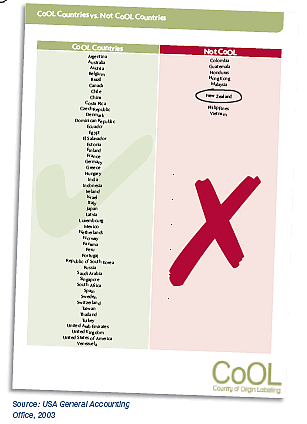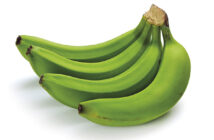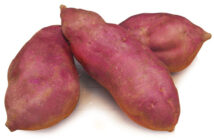
New Zealand’s fruit and vegetable growers are thankful at least one political party has the good sense to put a call for mandatory country of origin labelling (MCoOL) on their political agenda for this election.
The Green Party should be congratulated for continuing to put this issue out on the table. We are equally disappointed to note that neither of the two major political parties can be bothered with it.
There are few issues that unite Kiwi food producers and food consumers as strongly as the need for mandatory country of origin labelling.
HortNZ has been campaigning for the introduction of mandatory MCoOL for more than six years. We are a grower-funded association and believe Kiwis want the right to know where their food comes from.
Both the major parties would have us believe we can’t have mandatory MCoOL’ because it is a trade barrier.
HortNZ would really like to hear both parties explain how this can be the case, when 99 percent of the countries we trade with already have MCoOL, and we have it on clothing, shoes, wine and whiteware.
In 2006 New Zealand imported food was valued at NZ$3 billion. In 2010, that number increased to $3.8 billion.
In 2006, about $580 million, just over a quarter of the total of imported food, was fresh or processed fruit and vegetable product. By 2010 that figure was just over $700 million.
This means New Zealand fruit and vegetable growers have had to compete with increased competition from an extra $120 million worth of product on their doorstep, in the last four years.
Back in 2006 it was the figures from China that made the most startling reading, as they were trending upwards very quickly, in fact had doubled in three years from 2003.
Four years on, the figures seem to indicate now that more product, particularly processed fruit and vegetables, is coming in to this country from a wider range of countries.
By ‘processed’ we mean any food sold in a can or a bag.
This means New Zealand food manufacturers and processors are shopping around the world for cheaper products, but are still charging much the same prices to Kiwi shoppers.
At the same time, they are reducing their requirements for locally grown product, which means growers will stop growing it.
I just can’t understand why successive governments have protected my right to know where my shoes come from, but have refused to require food sellers to tell me where my food comes from.
Horticulture New Zealand is a foundation member of the CoOL New Zealand campaign to bring mandatory country of origin labelling to New Zealand food.
Check out the website: www.cool.org.nz and join the Facebook group ‘I Want a CoOL New Zealand’





























































































